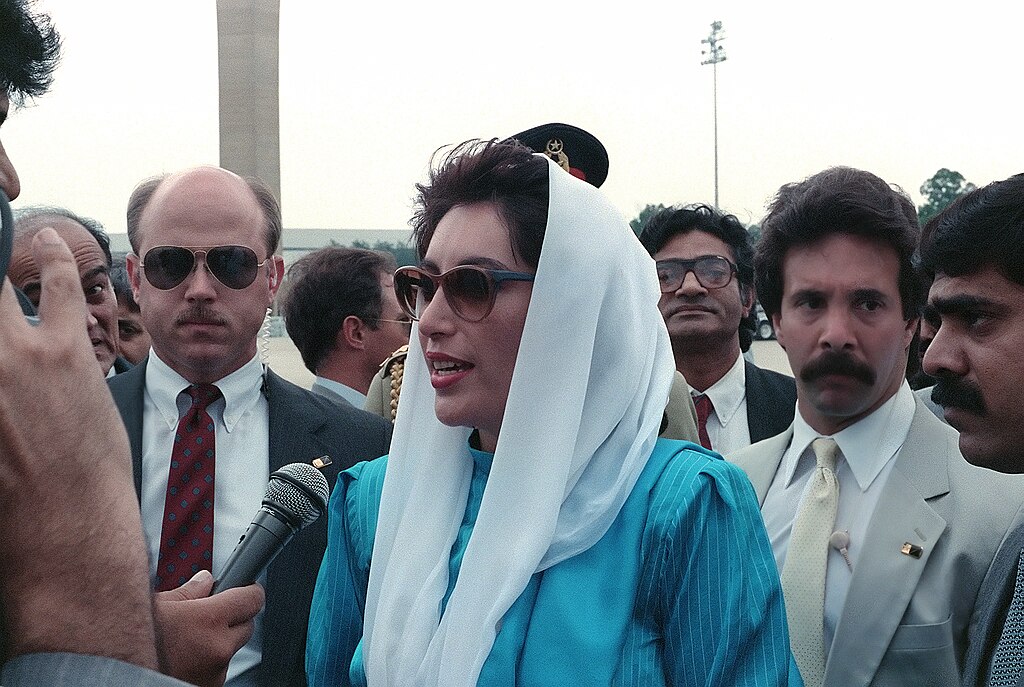"Liberal
Islam" is a collection of writings by real or perceived Muslim reformers
who argue that Islam is compatible with democracy, secularism, universal human
rights and women's emancipation. With the exception of Benazir Bhutto, none of
the authors in the collection are widely known in the Western world.
The book contains writings from almost all parts of the Muslim world: North Africa, West Africa, the Middle East, South and Southeast Asia. There is also a contribution from Bosnia, and a text written by an African-American Muslim.
The most interesting texts are the ones dealing with women's rights, especially Muslim feminist Fatima Mernissi's attempt to deconstruct a popular anti-woman hadith (saying of the Prophet). Benazir Bhutto's arguments for a progressive interpretation of Islam are also interesting. Bhutto, of course, was the prime minister of Pakistan for two terms, becoming the first woman elected to lead a Muslim state. (Unless you count Aisha!) Another interesting contribution is Ali Bulac's analysis of the Medina Constitution.
A problem with "Liberal Islam" is that the editor's introductions to each text are very short. This makes the volume difficult to use for people unacquainted with the various authors. For instance, one wishes to learn more about the writer from Bosnia, who quotes both Plato and René Guenon, and sometimes sounds like Leo Strauss! One also wonders have much influence the respective writers really have. For instance, how important is "the reform group" in the Philippines?
For rather obvious reasons, I prefer modernist or secularist Islam to traditionalist or fundamentalist versions. Hopefully, ideas such as the ones in this book will one day become the dominant interpretation of this particular world religion!

No comments:
Post a Comment